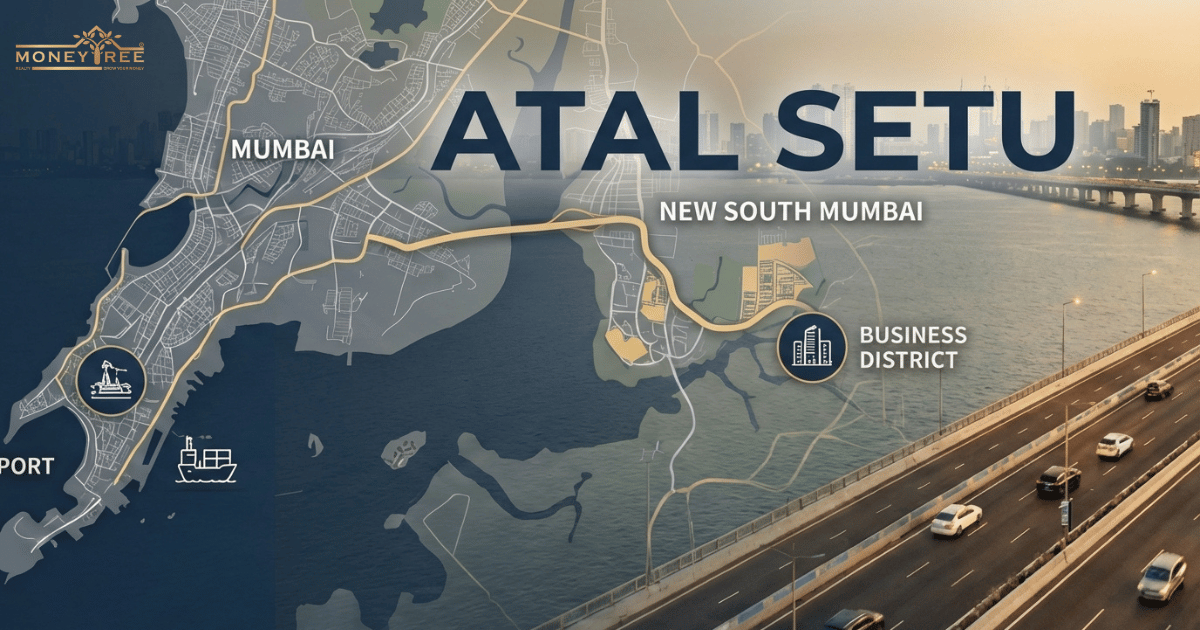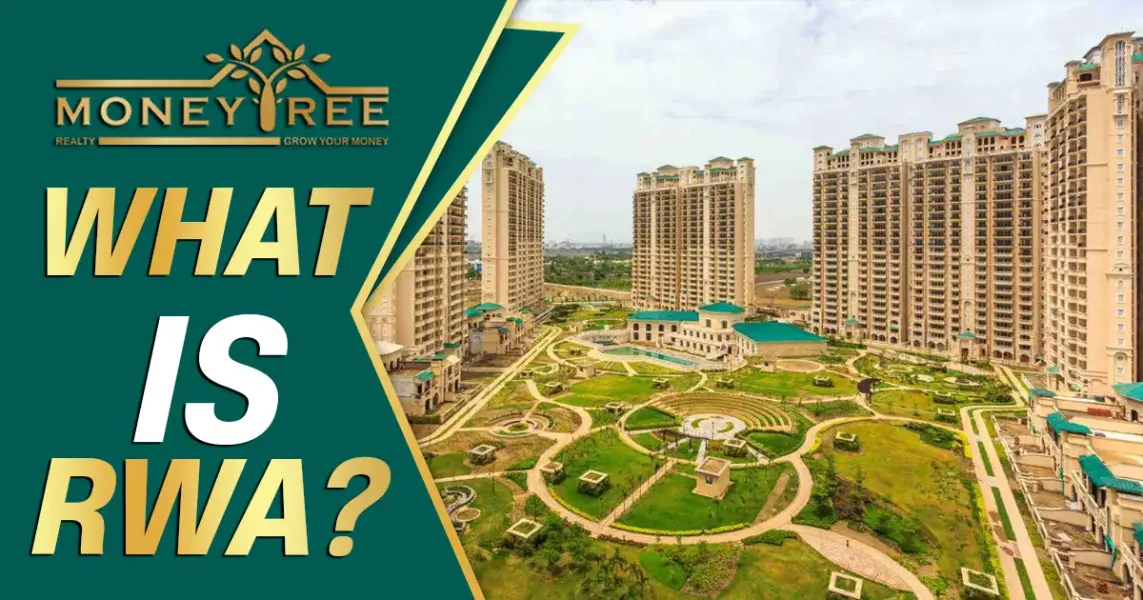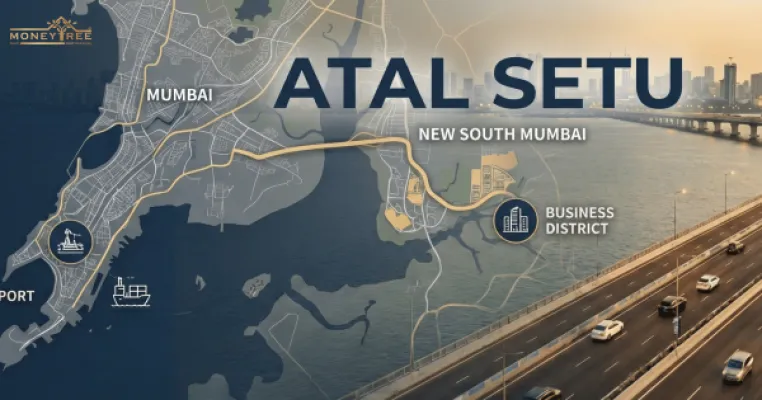Table of Contents
RWAs are legally recognized entities and are usually registered under the Societies Registration Act, 1860 or other state-specific laws. The association operates based on constitutional documents such as the Memorandum of Association (MOA), which outlines its objectives and functions.
Understanding Resident Welfare Associations (RWA)
Every residential community has a RWA: Resident Welfare Association, a non-governmental organization that advocates for the interests of residents of gated communities or housing societies. The RWA is responsible for addressing daily concerns, organizing community events, overseeing facility management in apartment complexes, and protecting the rights of property owners within the society. An RWA is typically governed by an elected board, including a president, secretary, treasurer, and other executive members, who work towards improving the quality of life within the community.
RWAs are legally recognized entities and are usually registered under the Societies Registration Act, 1860 or other state-specific laws. The association operates based on constitutional documents such as the Memorandum of Association (MOA), which outlines its objectives and functions. To form an RWA, at least seven members must subscribe to the MOA and register under the Registrar of Societies. Once established, the association has the legal authority to sue or be sued, making it a structured and accountable entity for managing community welfare.
The Evolution of Resident Welfare Associations in India
RWAs have evolved significantly since their inception. Initially, they operated as small, voluntary committees within residential neighborhoods, handling minor maintenance and community issues. However, with the rapid expansion of urban infrastructure and rising civic concerns, the need for structured governance became essential. The legal recognition of RWAs under the Societies Registration Act, 1860 enabled them to function as formal, accountable entities with the power to manage residential affairs effectively.
Today, RWAs have expanded their scope beyond basic facility management. They now play an active role in urban governance, social initiatives, and environmental sustainability. Many RWAs collaborate with government agencies on projects like waste segregation, water conservation, and smart city initiatives. Additionally, their involvement in disaster management, crisis response (such as during COVID-19), and legal advocacy has further strengthened their role as key stakeholders in urban development.
How Resident Welfare Association Have Changed Over Time
Earlier, Resident Welfare Association’s responsibilities were limited to basic maintenance tasks like cleanliness, security, and repairs. However, modern RWAs are now engaged in policy advocacy, financial management, and digital transformation, using technology-driven solutions such as community apps and online portals to streamline operations.
Another significant change is the increased influence of RWAs in civic administration. Many RWAs actively participate in local governance, raising concerns about infrastructure, public safety, and environmental conservation. Their involvement in policy-making discussions, collaboration with municipal bodies, and representation in legal matters has made them indispensable to urban communities. With growing challenges in urban living, RWAs continue to evolve, adapt, and expand their functions to meet the changing needs of society.
Purpose of Resident Welfare Association in India
As RWAs play a crucial role in bridging the gap between residents and local authorities. They collaborate with municipal bodies to address concerns related to sanitation, water supply, road maintenance, street lighting, and waste management. In larger residential complexes, RWAs also oversee commercial activities, such as managing local markets, shops, and transport facilities within the society. Their objective is to create a safe, well-maintained, and organized living environment for residents.
Resident Welfare Association Officers and their Roles
Each registered Resident Welfare Association is governed by a group of elected officers, chosen during the association’s general body meeting. The RWA board of directors typically includes;
|
President |
|
|---|---|
|
Vice-President |
|
|
General Secretary |
|
|
Secretary |
|
|
Treasurer |
|
|
Executive Members |
|
The RWA Election Process
The election of Resident Welfare Association (RWA) members follows a structured process to ensure fair representation and smooth governance. Below are the key steps involved:
Formation of an Interest Group: A group of residents voluntarily comes together to form an RWA. They may already have informal discussions about community concerns.
Drafting a Constitution: The group prepares a constitution that defines the objectives, rules, and responsibilities of the RWA.
Conducting Elections: A formal election is conducted to choose a governing body, which typically includes a President, Vice President, Secretary, Treasurer, and other executive members.
Holding an Annual General Meeting (AGM): Elections take place at the Annual General Meeting (AGM), which requires a minimum quorum of residents to be valid. If attendance is insufficient, the meeting is postponed, and due notice is issued to all residents.
Voting Process: Members are elected either through a ballot system or simple hand motions to ensure a democratic selection process.
Approval by the Outgoing Committee: After the election, the newly formed committee must receive approval from at least three members of the outgoing committee for a smooth transition of responsibilities.
Legal Registration of New Members: Once elected, the Registrar of Societies must be informed about the new committee members and office bearers for legal recognition.
Importance of RWAs in Urban Living
|
Responsibilities of Resident Welfare Association |
|---|
|
Create and Enforce Rules & Regulations |
Ensure Community Safety |
Maintain Community Finances & Infrastructure |
Resolve Disputes |
|---|
Create and Enforce Rules & Regulations
RWAs play a crucial role in urban living by establishing and enforcing community guidelines that promote a well-organized and peaceful environment. They regulate waste management, parking rules, and the use of common facilities to maintain order within residential societies. By ensuring strict adherence to regulations, RWAs enhance community safety and improve overall property management. Regular meetings and feedback sessions allow residents to participate in shaping these rules, making RWAs an essential part of urban development. This importance of RWAs in urban living helps in ensuring that shared resources are used efficiently while promoting harmony and cooperation among neighbors.
Enhance Community Safety
One of the primary responsibilities of RWAs is to enhance community safety by implementing security measures such as CCTV surveillance, security guards, visitor management systems, and regular safety audits. RWAs collaborate with law enforcement agencies to address security concerns, prevent crime, and ensure a secure living environment. This proactive approach plays a significant role in urban infrastructure maintenance, reducing thefts and ensuring that residential societies remain safe. RWAs also step up their efforts during emergencies, coordinating disaster management plans and ensuring residents receive timely assistance in crises such as fires, medical emergencies, or natural disasters.
Maintain Community Finances & Infrastructure
RWAs are responsible for financial management and infrastructure maintenance, ensuring the smooth functioning of common spaces such as parks, roads, lobbies, swimming pools, and lifts. They collect maintenance fees, manage utility bills, and track expenses to create a sustainable budget that supports long-term infrastructure upkeep. Their collaboration with local authorities helps improve urban amenities, making them key players in urban development. Well-maintained infrastructure not only enhances the quality of life but also increases property values, benefiting homeowners and investors alike.
Resolving Disputes
An essential function of RWAs is resolving disputes among residents to maintain a peaceful and cooperative living environment. They act as mediators in cases of neighbor conflicts, civic issues, or violations of community rules, ensuring fair and unbiased resolutions. The RWA election process helps in appointing responsible leaders who can handle grievances effectively. By conducting meetings and forums, RWAs provide residents with a platform to voice concerns, fostering harmony and cooperation within the community. This structured approach strengthens the role of RWAs in urban living, making them vital for conflict resolution and maintaining a well-governed society.
Social Responsibility of Resident Welfare Association
RWAs and Environmental Sustainability
RWAs play a crucial role in environmental sustainability by implementing green initiatives such as waste segregation, rainwater harvesting, composting, and tree plantation drives. By promoting eco-friendly practices, RWAs help reduce pollution and make residential societies cleaner and healthier. Their efforts in organizing awareness campaigns encourage residents to adopt sustainable urban living, ensuring that communities contribute to a greener future.
Additionally, RWAs work towards energy conservation by encouraging the installation of solar panels, LED lighting, and water-saving measures in common areas. Through community participation, they foster a culture of responsible resource management, making urban areas more environmentally resilient. Their commitment to sustainability directly improves the quality of life while contributing to a healthier urban ecosystem.
RWAs and COVID-19 Response Efforts:
During the COVID-19 pandemic, RWAs played a crucial role in emergency response by implementing safety protocols, such as social distancing guidelines, sanitization drives, and visitor management systems. They acted as first responders in communities, ensuring that residents had access to essential services, medical assistance, and emergency helplines. Their role in disaster management extended to addressing health concerns and organizing vaccination drives.
RWAs also launched food distribution programs, medical aid initiatives, and awareness campaigns to support vulnerable residents. By creating support networks, they helped those affected by lockdowns, unemployment, and health crises. This proactive approach during COVID-19 response efforts showcased their social responsibility, emphasizing the importance of RWAs during emergencies in safeguarding community well-being.
Legal Responsibilities of Resident Welfare Association
RWAs operate within a legal framework, requiring registration under the Societies Registration Act, 1860, or respective state laws. The registration process formalizes their authority, allowing them to function as a recognized legal entity responsible for managing community affairs. Their legal responsibilities include maintaining financial records, ensuring transparency, and adhering to the association’s constitution.
Additionally, RWAs must comply with state and national housing laws related to property management, taxation, and civic regulations. They are required to resolve disputes lawfully, enforce community guidelines, and coordinate with local authorities. By following legal protocols, RWAs ensure smooth governance, protecting the rights and interests of all residents.
Benefits of Joining an Resident Welfare Association (RWA)
Strengthening RWA Through Membership
Why residents should participate in their RWA
Community-driven initiatives and their impact
RWA and Property Management
RWAs’ role in maintaining property value and livability
Managing common funds for maintenance and upgrades
Funding and Budgeting in Resident Welfare Association
Funding and budgeting in RWAs are essential for managing community operations and ensuring smooth infrastructure maintenance. The primary source of funds comes from maintenance fees paid by residents, which cover expenses related to security, cleanliness, and common area upkeep. Additionally, RWAs generate revenue through fundraising events, including inter-resident activities, fairs, and social gatherings. Renting out community halls and spaces for weddings or cultural programs further contributes to financial stability, supporting urban development within residential societies.
To maintain transparency, all funds are deposited in the RWA’s official bank account, managed by the president, treasurer, or general secretary. A professional auditor is appointed to review financial records and ensure proper allocation of resources. The funds raised help in property management, enhancing shared amenities such as parks, lifts, and parking spaces. This structured financial planning ensures that RWAs can efficiently manage community services and contribute to overall urban infrastructure development.
Technology and Digital Tools in RWAs
How RWAs use apps, websites, and digital platforms for management
Future trends in RWA operations with smart solutions
Frequently Asked Questions







